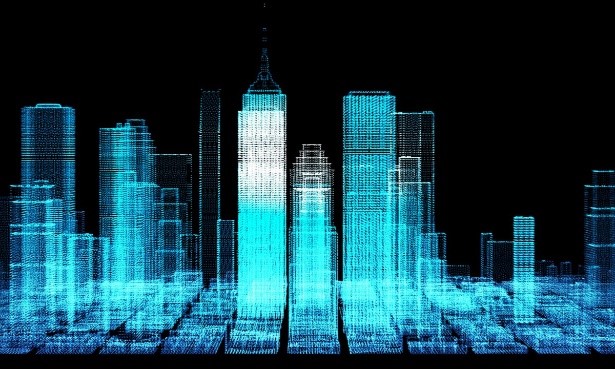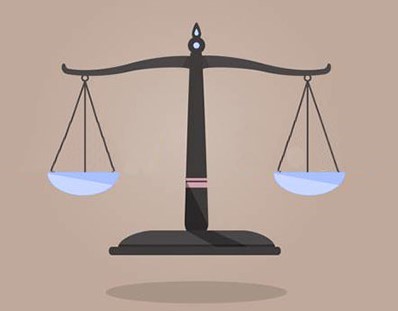
”How would it work?”
By now, most of us have heard about the “Metaverse”, a digital world for all to enjoy. The fictional concept has been around for a long time, dating back to films like Arcade and Johnny Mnemonic to modern day movies such as Ready Player One and Jumanji, demonstrating the enticing potential to enter the Metaverse to escape a collapsed reality. Although it is portrayed to be oriented more towards recreational activities like any other video game, businesses across many industries have recognized the opportunity to expand into a new era.

Untapped and Uncertain
Being that real estate is the fundamental denominator of every industry in the real world, wouldn’t it make sense that it would be viewed as such in a fantasy one? Metaverse property deals started making headlines, reporting $500M in real estate deals in 2021. How could an infinite environment lush with inflated and cryptic valuations possibly be assessed, transacted or even held? While there are many theories and ideas as to how this new form of ownership operates, a critical component of value assessment is its tie to something tangible that won’t “disappear” during an electrical outage or hack.
Establish a basis
One creative idea can be leasing an office space with Metaverse cubicles where people would have monthly subscriptions to rent out sections in a building to participate in meta-activities. Real estate in the metaverse would be directly linked to the amount of physical space owned in the leasing office and then computed by a formula to exaggerate its digital footprint. Say there is an office space that is 1,000 sf and it converts to 1 acre per sf in the digital world. You can now have 1,000 acres of digital land to set up events and activities for those participants to use while making income in the real world.
Justify sales
Another alternative for those who are buying properties for other uses can be the same concept by correlating the digital valuation to a real one. An example would be a sale of a grand home that has a recorded price and size metrics. A picture or rendering of that home can be converted into an NFT that essentially is the “deed” to owning the meta property associated with the real one. Although it would take time for enough properties to be incorporated into this structure to start establishing an average basis, active developers can help contribute towards that goal due to their volume of ongoing projects. Some builders, such as KOSL Building, construct multiple homes annually, some through subdivisions, potentially permitting several homes to be associated with this new market simultaneously, forming digital-reality valuations expeditiously. KOSL did not provide comment on this topic.
Food for thought
While there would be many questions as to the legal implications it can have with respect to a contract of sale for a digital property based on a real one, the concept is more so to establish a baseline for creating true values of meta properties.
Would you ever buy a property in the Metaverse?
Comment below!



